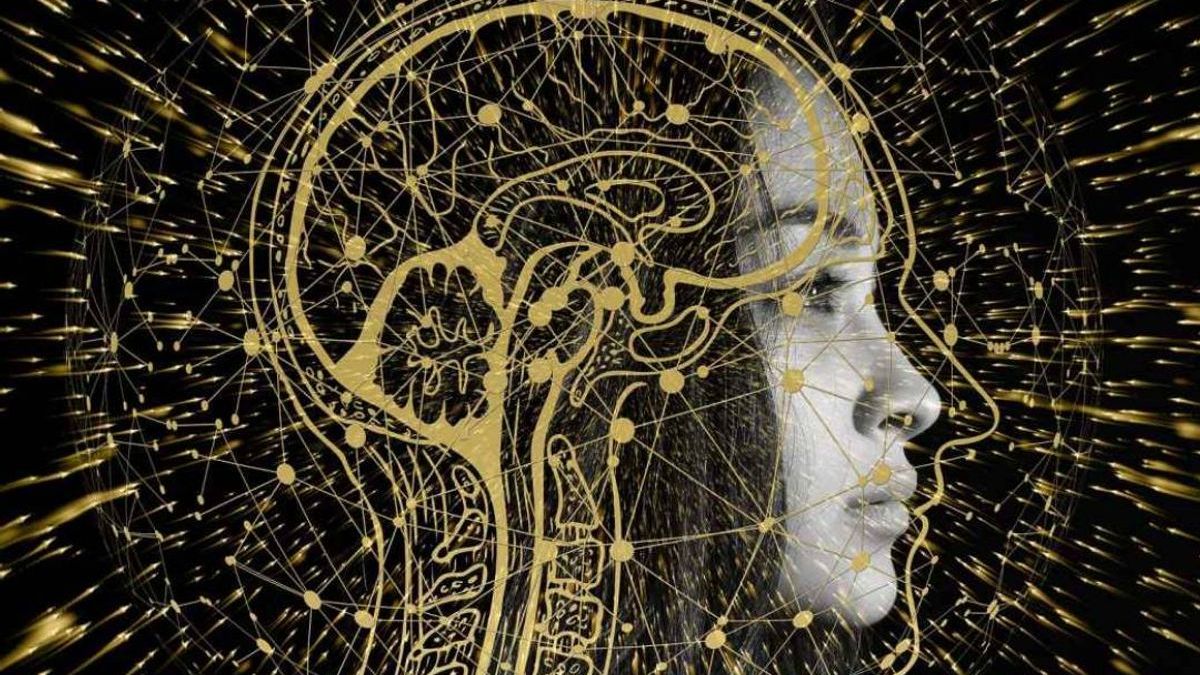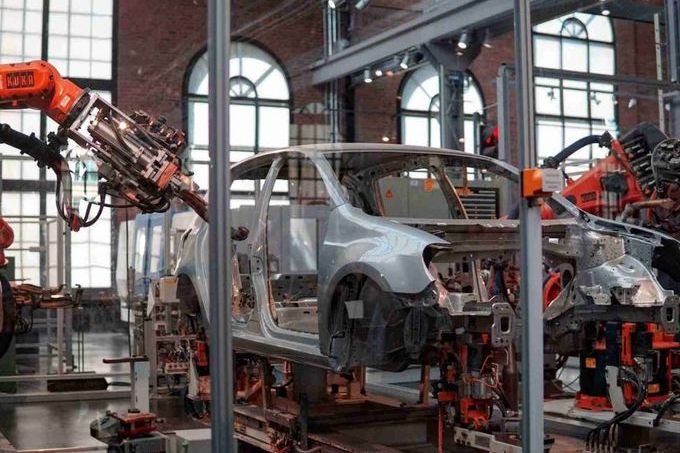Where is artificial intelligence leading us, will it change the future of how we create text books, research or even the news articles we read daily.
Today we are living in a world were intelligent systems carry out human related task in a way people are not able to differentiate which one is real or fake. The development in Artificial Intelligence has made our life easier as well as complicated and raise many concerns and threats for the future generations. The development in AI has been carried out from the past decades from rule based engineering to a knowledge based engineering where big data plays a major role in decision making, interpretation and analysis. Today AI is in a state in which people are able to generate rich text based content in every sector like journals, thesis, text books, news, articles and even poems. The major concern in this field is, does it actually benefit the audience, improve productivity, create any threats to the humanity and does it indirectly affect its key stakeholder.
The technological development around Natural Language Processing and Machine Learning have helped us in a way we are able to publish auto generated content, from the available data to text, such as sports articles from live scores, stock market data to auto generated content/news, weather forecast, human ratings on products and services to articles and news, dialog systems like chat bots, smart speaker (Alexa, Google, Apple-siri), Auto text generators, Grammar/Punctuation/Sentence correction systems (Grammarly) are a few of the latest trends in AI based content generators and tools.
It has helped content creators like journalist and publishers (Media) to publish news articles with less effort and human errors and reduce cost and increase productivity. In the current year there was a big achievement in the literature field that a machine generated summary (book) on lithium-ion batteries was published in "SpringerLink". The project "Beta Writer" was able to summarize and build a proto type from existing literature in the area of Chemistry and Materials Science related to lithium-ion batteries. The system was able to analyse and curate important materials for further research and analysis from the existing literature. Similarly a data driven sports narrative writer - StatsMonkey was able to generate news paper styled stories from internet based statistical data from games and sports events.
In the field of literature reviews researchers has to go through a vast number of articles to study a topic and come up with new ideas and theories and it is a tedious process but these AI based systems have helped us in research and better understand the current literature. On the other hand AI based content generation systems have also helped Publishers, Journalists, Bloggers to come up with curated articles from existing and real time data. But the major concern and challenges underlying AI based auto generated content needs to be addressed. Mainly when it comes to Scholarly articles, if everything is auto generated then the learning outcome of the researcher or students is lost. Next, who is the author of machine generated content, is it the developers or the organisation? similarly who will be accountable for machine generated content? Is the content suitable for its readers in an ethical point of view? Who will validate the content generated against a real human effort, does it require additional human effort for validation and corrections. Moreover when it comes to news articles and research publications, if the system generates any thing which is dangerous to humanity like content related to National Security loopholes, Weapons, Drugs or even any fake news, harsh and unreal content generated related to a public figure, it may get even worse.
Research institute like OpenAI, Google and Microsoft are concerned about the use of AI based text generation software that it might be used for unfriendly purpose and also to create high quality fake news, thus planning not to release these systems to the public. Therefore the future of AI based content generation should be addressed by Researchers, Government officials and organisations so that AI can contribute to the society in a good manner rather than being misused. Similarly there should be governing bodies to regulate and publishing Machine generated content and news articles. The future of Journalism is of great concern as well as researchers, as more technological improvements will be carried out in the field of AI, so my main concern is, will people like journalist will be jobless in the future, will scholars rely on AI to generate research papers automated in a way it is similar to a human effort, how can readers differentiate and believe the news and articles published in and around the world in the future.
Reference:
- Beta Writer, (2019), Lithium-Ion Batteries - A Machine-Generated Summary of Current Research, Springer Nature and researchers Goethe University Frankfurt, Germany
- Nicholas D. Allen, John R. Templon, Patrick Summerhays McNally, Larry Birnbaum, Kristian Hammond, (2010), StatsMonkey: A Data-Driven Sports Narrative Writer, AAAI Fall Symposium: Computational Models of Narrative.
- Latar, Noam & Nordfors, David. (2009). Digital Identities And Journalism Content - How Artificial Intelligence And Journalism May Co-Develop And Why Society Should Care. Innovation Journalism. 6.
- Giuseppe Amato, Malte Behrmann, Frederic Bimbot, Baptiste Caramiaux, Fabrizio Falchi, Ander Garcia, Joost Geurts, Jaume Gibert, Guillaume Gravier, Hadmut Holken, Hartmut Koenitz, Sylvain Lefebvre, Antoine Liutkus, Fabien Lotte, Andrew Perkis, Rafael Redondo, Enrico Turrin, Thierry Vieville, Emmanuel Vincent, (April, 2019), AI in the media and creative industries, New European Media

